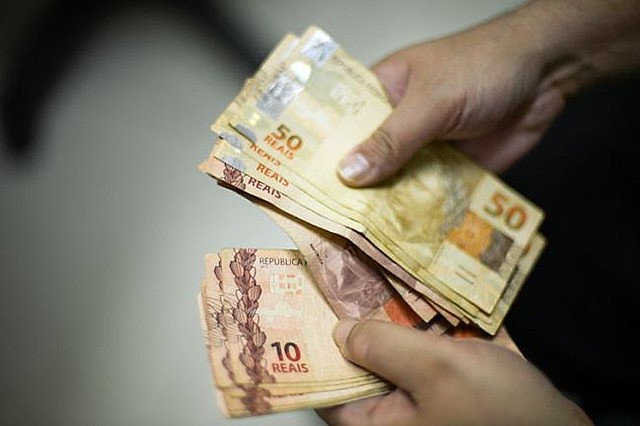Most Brazilian households have become poorer in recent years, a survey disclosed on Friday by the Brazilian Institute of Geography and Statistics (IBGE) showed. And while the 1.8 million richest households earn 20 percent of the income generated in the country, the poorest households (16.4 million) make as low as 5.5 percent of that income.
The latest Consumer Expenditure Survey (POF) showed that, in the past nine years, the number of households making a monthly income higher than six minimum wages has dropped, increasing the number of households earning less than that monthly income.
Comparing the numbers with the previous survey, conducted in 2008 and 2009, the percentage of poor households has increased, from 68.4 percent nine years ago to 73.03 percent receiving less than six minimum wages a month in 2018 and 2019.
The POF investigates Brazilians’ consumer habits and living conditions and informs other IBGE surveys, including for calculating inflation rates and the country’s Gross Domestic Product (GDP), as well as research on inequality.
Amid heated and controversial arguments about the government’s proposed pension reform, which can make it even harder for Brazilians to retire in the future, the research also points out how important the country’s pension system is to the most vulnerable segments of society.
In the poorest households, which earn up to R$1,908 (roughly US$470) a month, nearly one fourth of their income (24.3%) comes from retirement benefits, pension payments, and social program payments.
Inequality
Meanwhile, the POF also showed that as few as 2.7 percent of Brazilian households earn nearly 20 percent of all income received by households in the country.
The research showed that there are approximately 69 million households in Brazil, 2.7 percent of which — or 1.8 million households — make more than R$23,000 a month (roughly US$5,750), while 23.9% — or 16.4 million households — earn up to two minimum wages, or R$1,908 (US$470).




